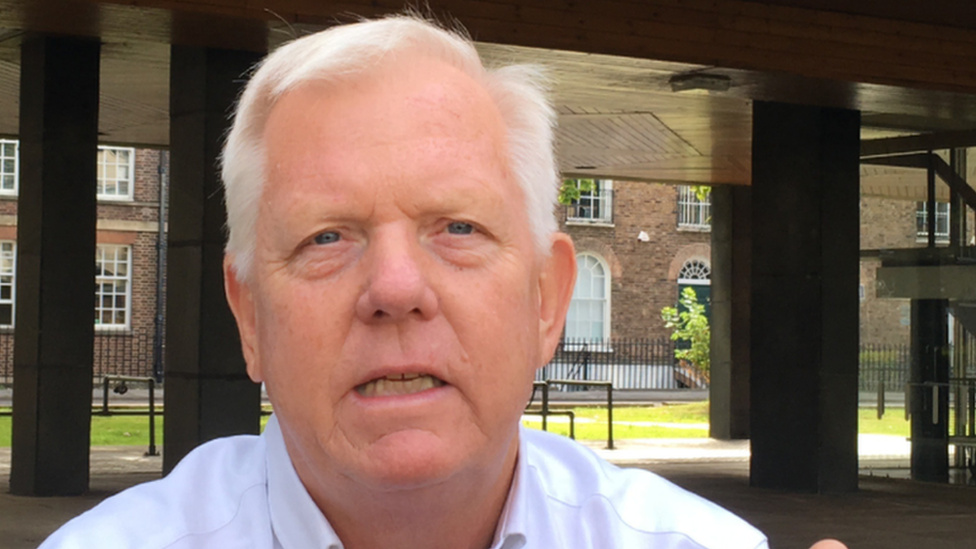Somerset Council to help more adults with disabilities
- Published
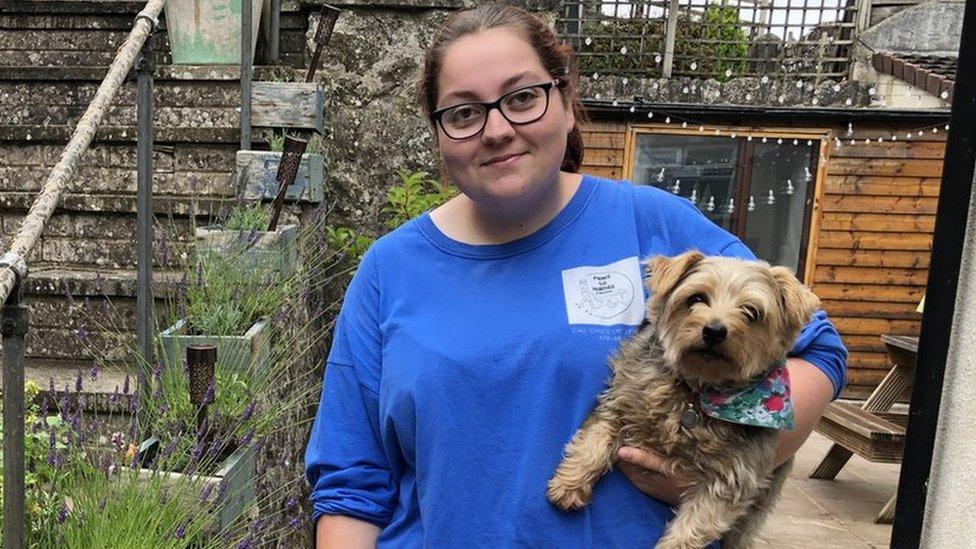
Without the council's help Chloe said finding a job would have been 'terrifying'
A young woman who struggles with her mental health says finding a job would have been "terrifying" if she had not been supported by her local council.
Chloe Holmes, runs her own dog-walking and pet-sitting business in her hometown of Shepton Mallet.
The 20-year-old, who has depression and anxiety, was referred to Somerset Council's supported-employment service by her mother.
However, some families are wary of the scheme's aims for independent living.

The new strategy, which was implemented in July, for adult social care - is part of a £14m-savings plan - that focuses on helping people to avoid hospital or residential care.
"A lot of it will be supporting people of working age to get a career," said Mel Lock, director of Adult Services in Somerset.
"We work closely with organisations such as Discovery, external, who offer job-coaching."
Chloe Holmes said that without the help she has had over the last year, she would be struggling with employment and "keeping on top of everything".
"You learn in school about CVs and things - but you don't always remember," she said.
Ms Holmes' mum, Emma, said that her daughter turning 18 was a worrying time because Chloe left college and was discharged from Children and Adolescent Mental Health Services.
"I have to make sure she gets out of bed every day, otherwise she stays in bed and gets even worse. But there's only so much I can do," she said.
'An eye on the accounts'
Paula Dowding is a supported-employment coordinator with Discovery, which runs services for adults with autism and learning disabilities for the council.
Mrs Dowding helped set up Chloe's pet-sitting business and keeps an eye on the accounts. These days she just visits Chloe every six months or so.
"I'm super proud of Chloe. She's done amazingly [well]. All these customers - and within walking distance because she doesn't drive. Not many young ladies could do what she's done," said Mrs Dowding.
Ms Lock said that around 106,000 people in Somerset reportedly have a disability and 8,5000 are reportedly suffering with depression.
She said that Adult Services helped its users find work and helped them with housing.
She added that it also helped people improve their lives. "We aim to achieve this through support, recovery and working closely with our NHS partners".
Pressure on families
However, some disability advocates are concerned that this strategy will put pressure on families, due to a shortage of carers.
Malcolm Campbell, who chairs Yeovil Carers of People with Learning Difficulties, external, said the new scheme would be a good idea if there were enough carers to support it.
"[The caring responsibility] will come more on the family," said Mr Campbell.
"Quite often the families can't get respite, so they'll be caring for their loved one for a long period of time without any break.
"A lot of it [will] come back on the families - and that's assuming they have a family."
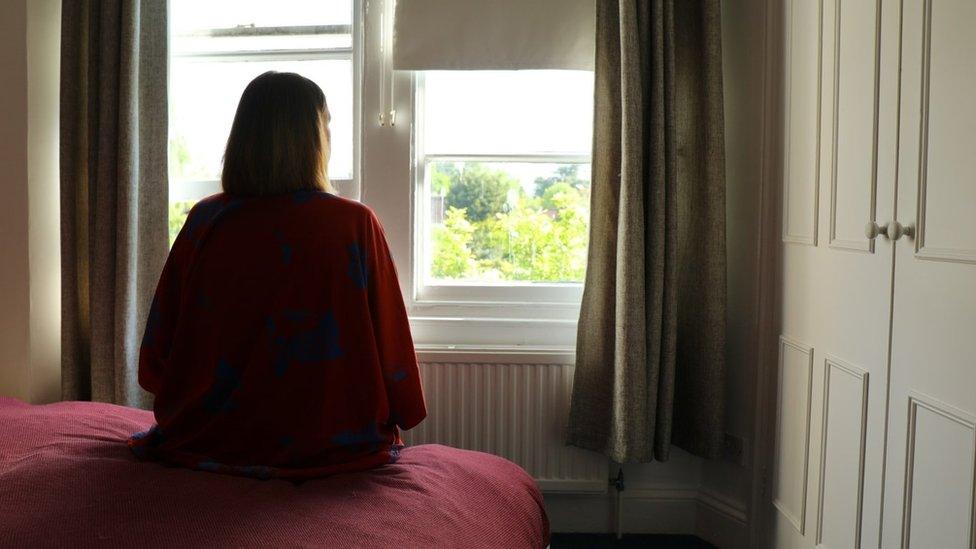
The council says it will help people go from residential care to the community
Mark Blakey co-runs a service for disabled people called Reflect Day Service, external and has a 30-year-old son with learning difficulties.
He said he is wary of the proposed changes.
"The principles and the words look very good, but the delivery must [also] be good," Mr Blakey said.
He explained that carers already feel marginalised and unsupported. "They feel like they don't have a voice.
"So to move from that to a service that is so strongly focused on community initiative and community engagement is a big step.
"It can be achieved, if there's a willingness on both sides to achieve it," he said.
Mel Lock says she understands the concerns of carers and families.
"It does mean that we will be speaking to [them] to understand what they can do," she said.
"There are a lot of expectations on families - but we don't expect them to take on more work than they can do."

Follow BBC West on Facebook, external, Twitter, external and Instagram, external. Send your story ideas to: bristol@bbc.co.uk , external
- Published24 July 2023
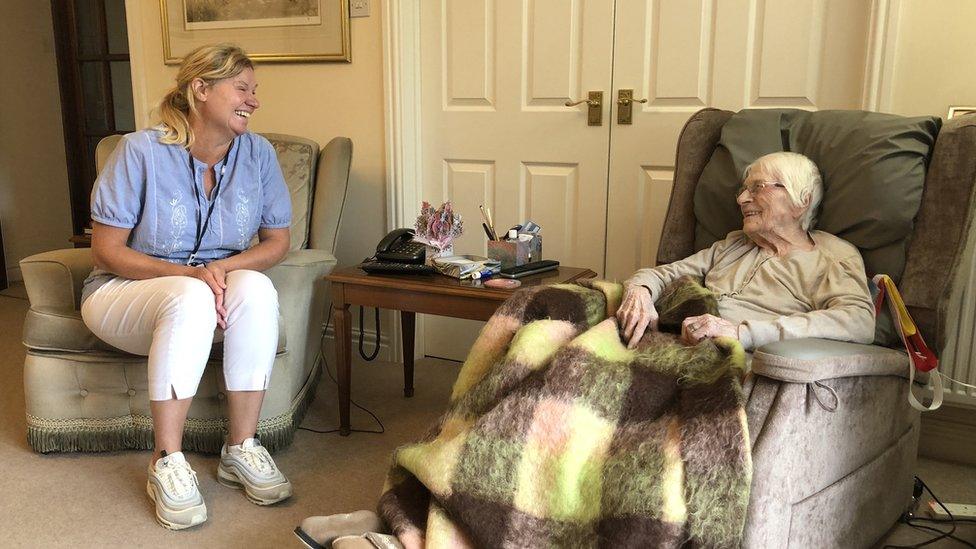
- Published16 March 2023

- Published17 February 2023
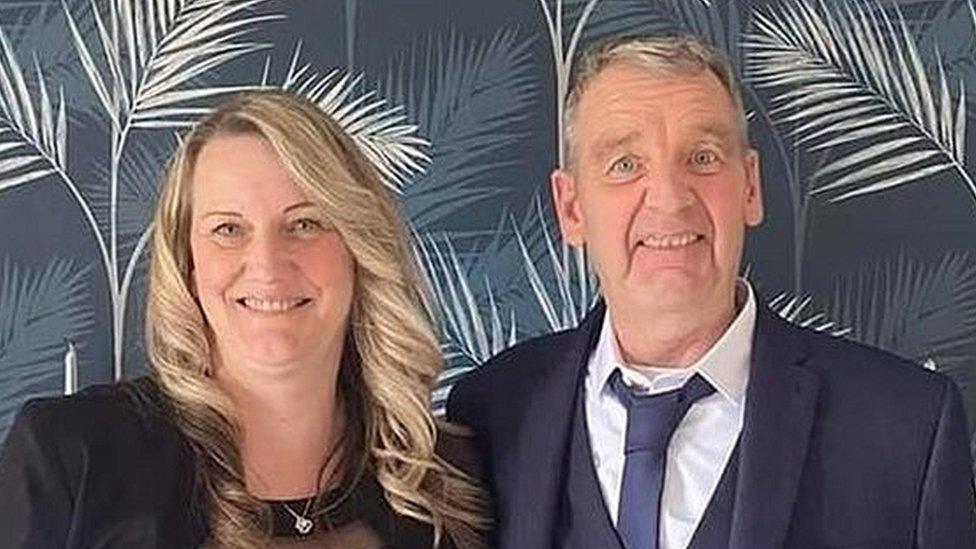
- Published25 February 2022
